 Folks are seriously sleeping on Ai no Idenshi, which just keeps proving how good it really is. Some anime succeed largely because they don’t try too hard, and this is one of them. It lets the material speak for itself, with minimal stylistic augmentation, and lets the audience decide for itself what to think. The point is that difficult questions – which are pretty much the only ones Ai no Idenshi asks – don’t have easy answers. Sometimes they don’t have conventionally acceptable answers at all. James T. Kirk may not believe in the no-win scenario, but real life is not the Kobayashi Maru.
Folks are seriously sleeping on Ai no Idenshi, which just keeps proving how good it really is. Some anime succeed largely because they don’t try too hard, and this is one of them. It lets the material speak for itself, with minimal stylistic augmentation, and lets the audience decide for itself what to think. The point is that difficult questions – which are pretty much the only ones Ai no Idenshi asks – don’t have easy answers. Sometimes they don’t have conventionally acceptable answers at all. James T. Kirk may not believe in the no-win scenario, but real life is not the Kobayashi Maru.
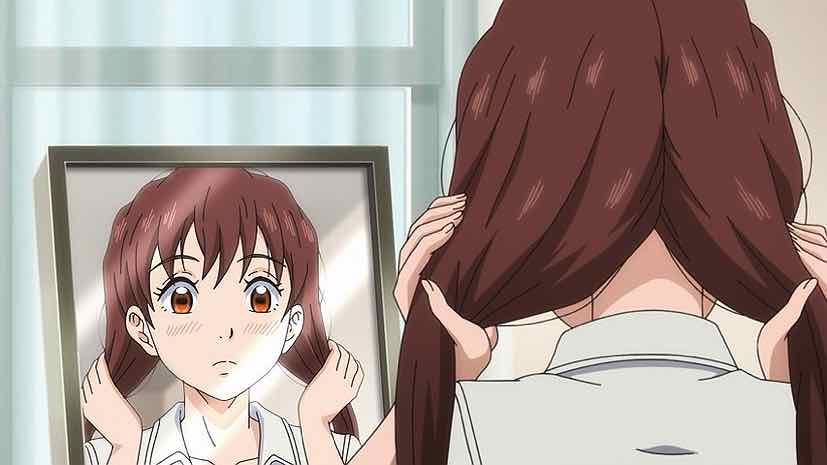 Fantasy can work in two broad ways. The premise itself, and in its use to shed light on real-world scenarios in ways more “realistic” stories can’t. I think the same is true of A.I. fiction. In itself it’s an important and fascinating topic for exploration, especially as artificial intelligence becomes more and more ingrained in modern society. AI no Idenshi does a great job exploratng the associated questions. But A.I. is also a great way to explore human emotional conflict from a different angle, and this series is equally adept at doing that. This was an episode pretty tightly focused on the latter.
Fantasy can work in two broad ways. The premise itself, and in its use to shed light on real-world scenarios in ways more “realistic” stories can’t. I think the same is true of A.I. fiction. In itself it’s an important and fascinating topic for exploration, especially as artificial intelligence becomes more and more ingrained in modern society. AI no Idenshi does a great job exploratng the associated questions. But A.I. is also a great way to explore human emotional conflict from a different angle, and this series is equally adept at doing that. This was an episode pretty tightly focused on the latter.
 Risa’s friend Miyoshi “Saba” Reon (Yamamura Hibiku) has popped up before, and we (though now Risa) know she’s a “female humanoid who likes girls”. Risa, to be specific. But Risa is laser focused on Sudo-sensei crush-wise, and Valentine’s Day is a pivotal moment for her. She goes all out to prepare honmei choco for him in the form of cakes. His diplomatic way of complimenting her is pretty hilarious, but I think Sudo is way too smart a guy not to realize what’s really going on here. I take his declining to tell Risa that his White Day reciprocation was also homemade as evidence that he doesn’t have romantic feelings for Risa. The two of them manage to work well together in spite of this seemingly one-sided romantic affection, but that may not be the case for much longer with Risa and Reon’s friendship.
Risa’s friend Miyoshi “Saba” Reon (Yamamura Hibiku) has popped up before, and we (though now Risa) know she’s a “female humanoid who likes girls”. Risa, to be specific. But Risa is laser focused on Sudo-sensei crush-wise, and Valentine’s Day is a pivotal moment for her. She goes all out to prepare honmei choco for him in the form of cakes. His diplomatic way of complimenting her is pretty hilarious, but I think Sudo is way too smart a guy not to realize what’s really going on here. I take his declining to tell Risa that his White Day reciprocation was also homemade as evidence that he doesn’t have romantic feelings for Risa. The two of them manage to work well together in spite of this seemingly one-sided romantic affection, but that may not be the case for much longer with Risa and Reon’s friendship.
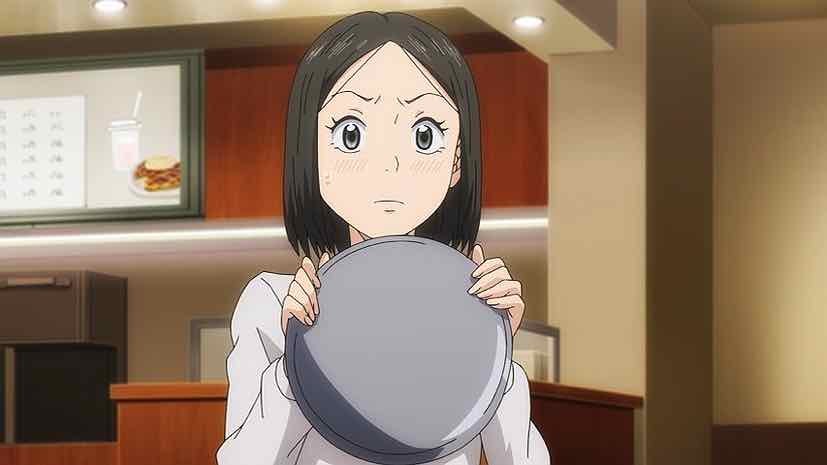 A friend being in love with another friend is not an easy thing under any circumstances. That being the case when the two of them have different orientations makes things even harder. I think one could reasonably argue that the reason Saba comes to Sudo to have her romantic feelings turned off is to try and save the friendship. Of course one could just as easily postulate that she’s simply tired of the pain of unrequited love and wants to be free of it. In any case, Sudo clearly thinks this is a bad idea – not just for Saba, but generally – and just as clearly fully understands the dynamics of the situation with Risa.
A friend being in love with another friend is not an easy thing under any circumstances. That being the case when the two of them have different orientations makes things even harder. I think one could reasonably argue that the reason Saba comes to Sudo to have her romantic feelings turned off is to try and save the friendship. Of course one could just as easily postulate that she’s simply tired of the pain of unrequited love and wants to be free of it. In any case, Sudo clearly thinks this is a bad idea – not just for Saba, but generally – and just as clearly fully understands the dynamics of the situation with Risa.
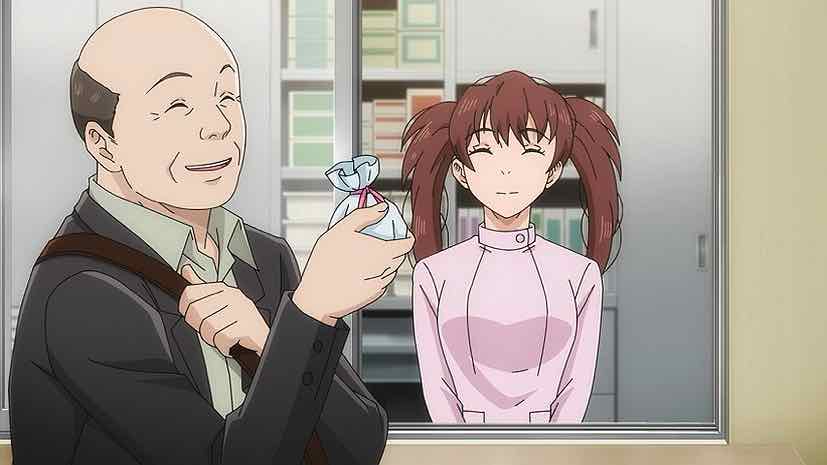 I’ve spoken of this before, but one of the most profound themes anime (and fiction generally) can explore is the question of emotional vulnerability. If one allows themselves to love, they’re exposing themselves to pain. It can apply to something like having pets one is likely to have to say goodbye to, it can apply to close friendships, and it certainly applies to romantic love. But does that mean one should close the tap completely, given the chance? Some people do choose to live their lives not getting too close to anyone or anything, and it’s not a slam-dunk that they’re wrong to do so. They don’t experience the sort of pain those who live differently do, but there is a price to be paid for that choice.
I’ve spoken of this before, but one of the most profound themes anime (and fiction generally) can explore is the question of emotional vulnerability. If one allows themselves to love, they’re exposing themselves to pain. It can apply to something like having pets one is likely to have to say goodbye to, it can apply to close friendships, and it certainly applies to romantic love. But does that mean one should close the tap completely, given the chance? Some people do choose to live their lives not getting too close to anyone or anything, and it’s not a slam-dunk that they’re wrong to do so. They don’t experience the sort of pain those who live differently do, but there is a price to be paid for that choice.
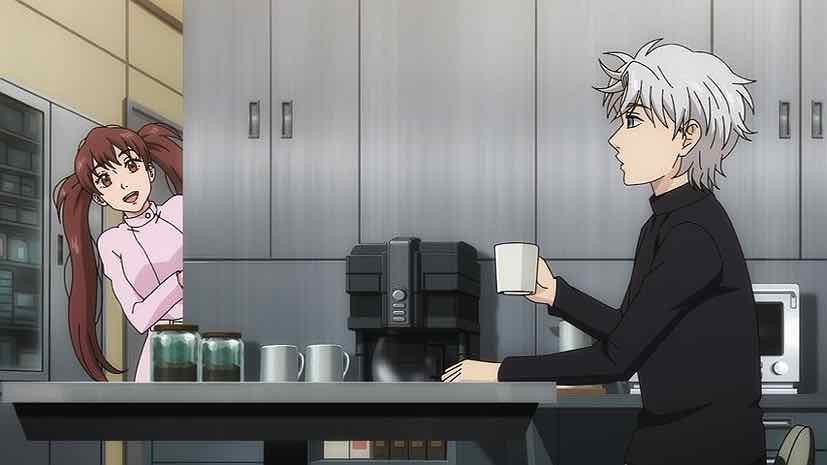 There’s nothing especially A.I. about this – it’s just that in this premise someone like Saba has the option to turn off that side of themselves medically, which makes it a perfect vehicle to explore the question of whether humans should make that choice. Even Jay considers this an unwise course (Sudo didn’t need convincing). Sudo manages to convince Risa to come clean with Reon before the procedure in an attempt (let’s be clear) to convince Reon not to do it. Without question, Risa is not really playing fair here. In effect, she’s saying “I like the you that’s in pain because of me, so please endure it for my sake”. But that’s the sort of thinking that drives a lot of human relationships, if we’re honest. And in this case, it may be effective.
There’s nothing especially A.I. about this – it’s just that in this premise someone like Saba has the option to turn off that side of themselves medically, which makes it a perfect vehicle to explore the question of whether humans should make that choice. Even Jay considers this an unwise course (Sudo didn’t need convincing). Sudo manages to convince Risa to come clean with Reon before the procedure in an attempt (let’s be clear) to convince Reon not to do it. Without question, Risa is not really playing fair here. In effect, she’s saying “I like the you that’s in pain because of me, so please endure it for my sake”. But that’s the sort of thinking that drives a lot of human relationships, if we’re honest. And in this case, it may be effective.
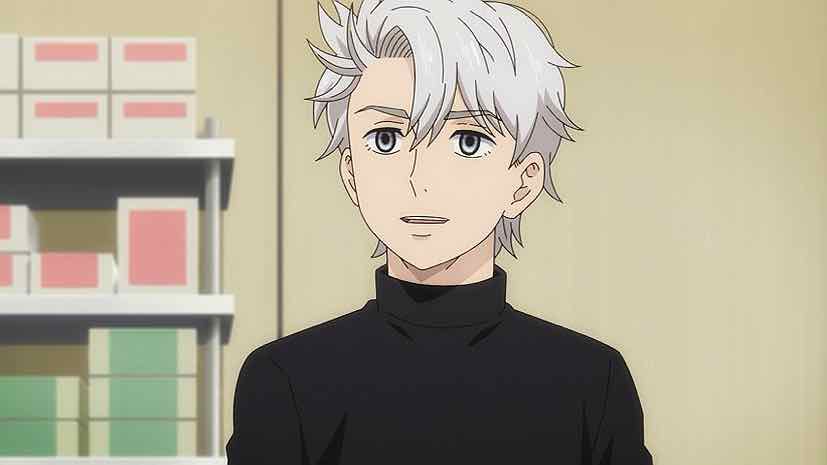 Once again, we face a scenario in AI no Idenshi where there are no clear right or wrong answers. For me, I certainly think Saba shouldn’t do this – just as I thought Yuta shouldn’t have been “fixed” because he was a socially awkward child. But it’s not a simple matter – who am I (or Risa) to say Reon has no right to seek a recourse when she’s unhappy in her life? As I said in Yuta’s case, “just because we can do something doesn’t mean we necessarily should”. But Reon, at least, is an adult making a choice for her own life, which was not the case with Yuta. I love both the fact that this series chooses to explore difficult topics like this, and the way it goes about doing so.
Once again, we face a scenario in AI no Idenshi where there are no clear right or wrong answers. For me, I certainly think Saba shouldn’t do this – just as I thought Yuta shouldn’t have been “fixed” because he was a socially awkward child. But it’s not a simple matter – who am I (or Risa) to say Reon has no right to seek a recourse when she’s unhappy in her life? As I said in Yuta’s case, “just because we can do something doesn’t mean we necessarily should”. But Reon, at least, is an adult making a choice for her own life, which was not the case with Yuta. I love both the fact that this series chooses to explore difficult topics like this, and the way it goes about doing so.


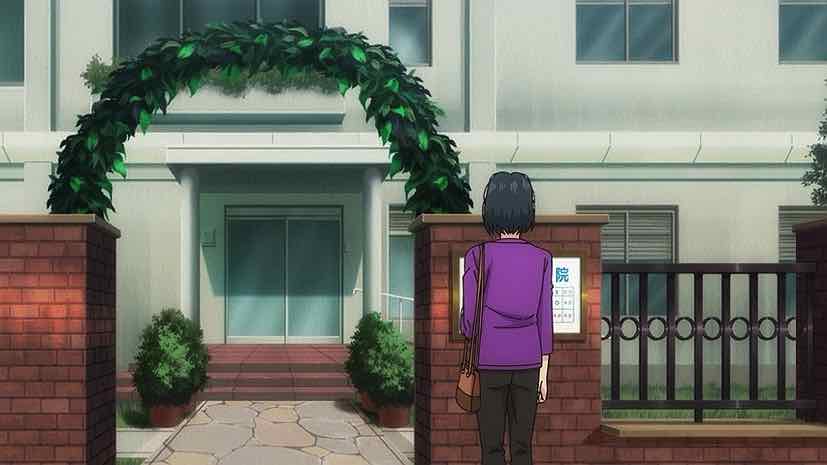
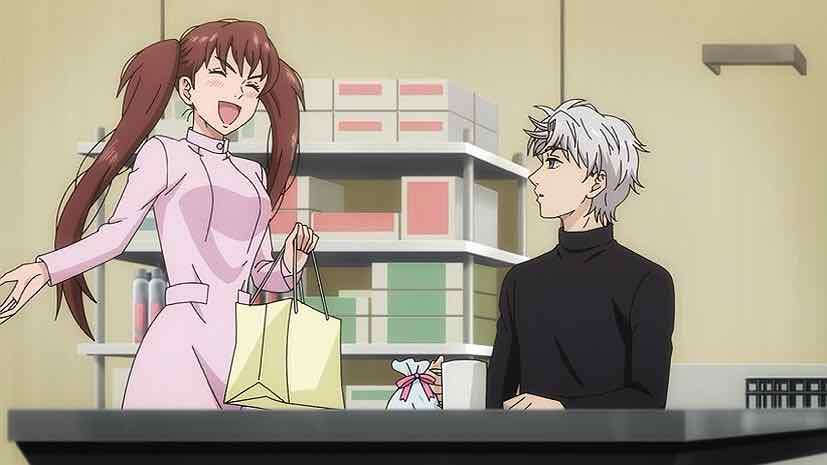
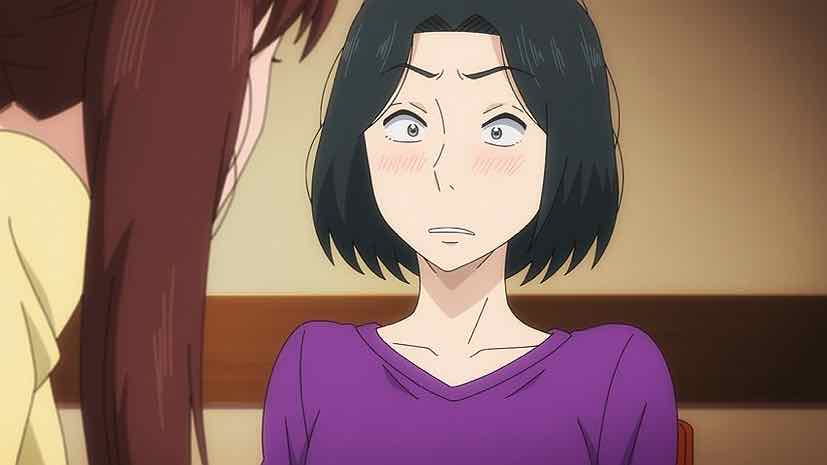
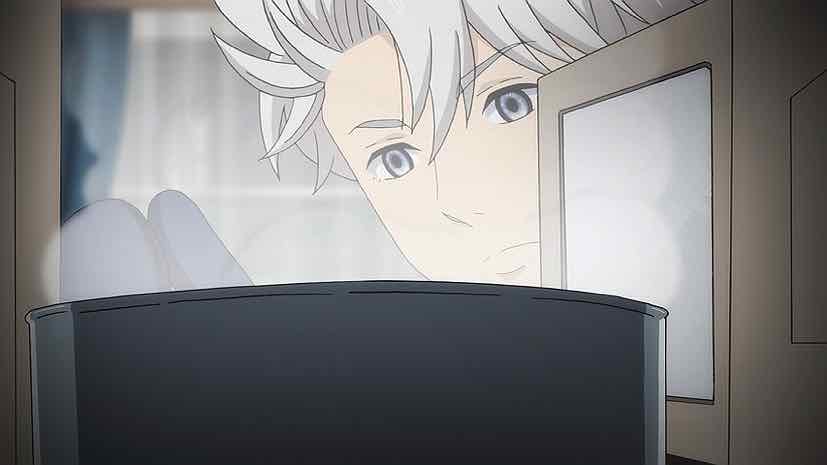

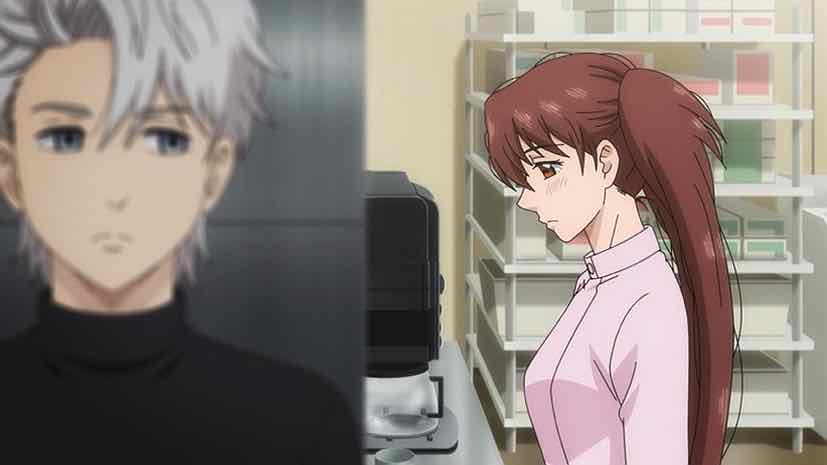
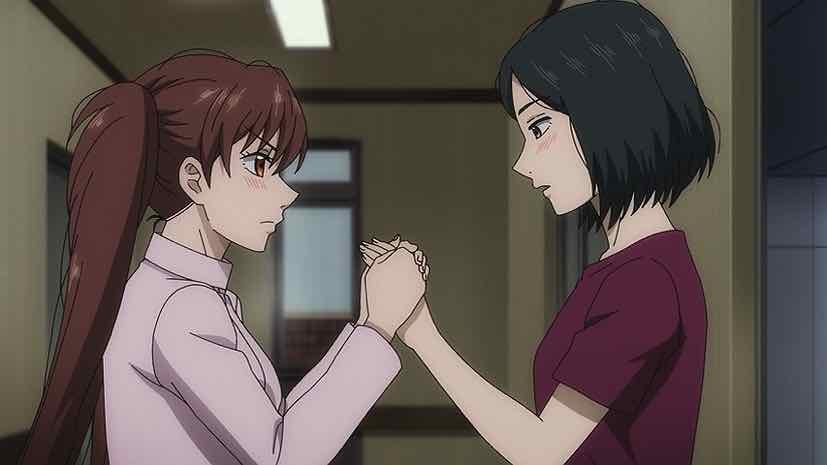

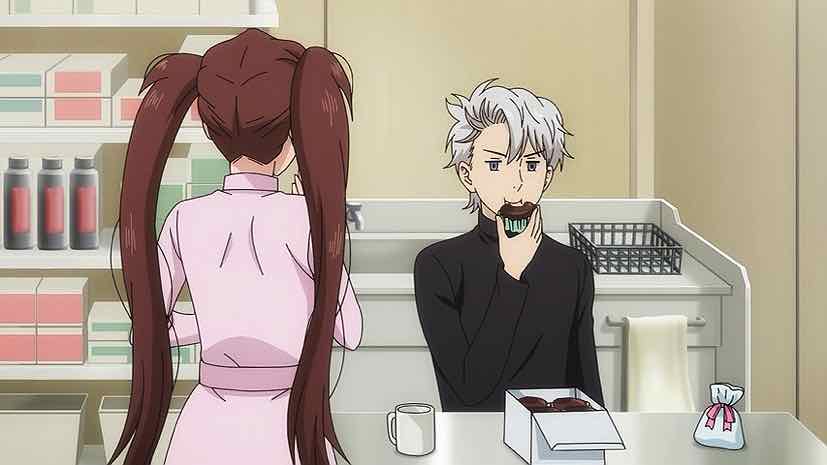
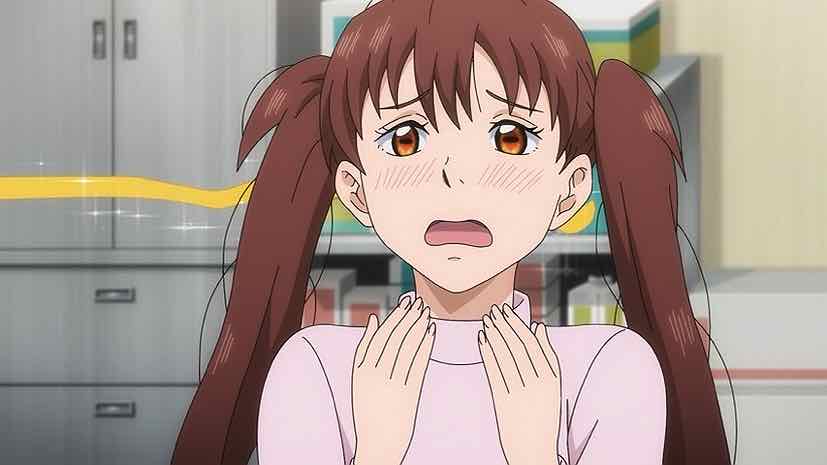

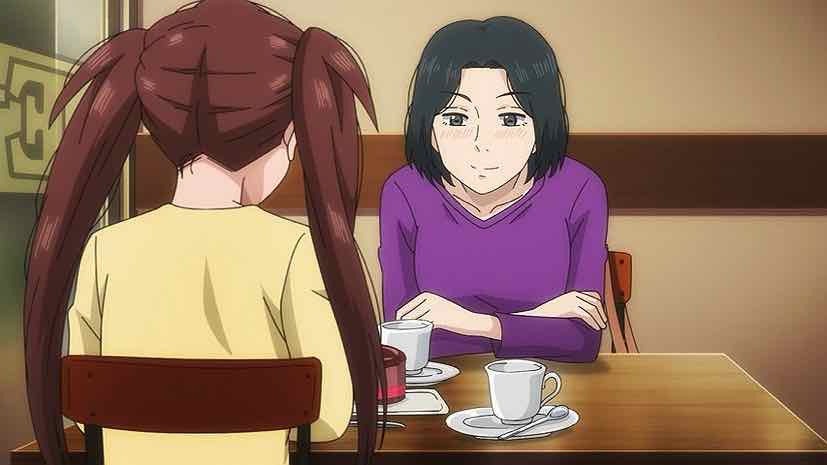
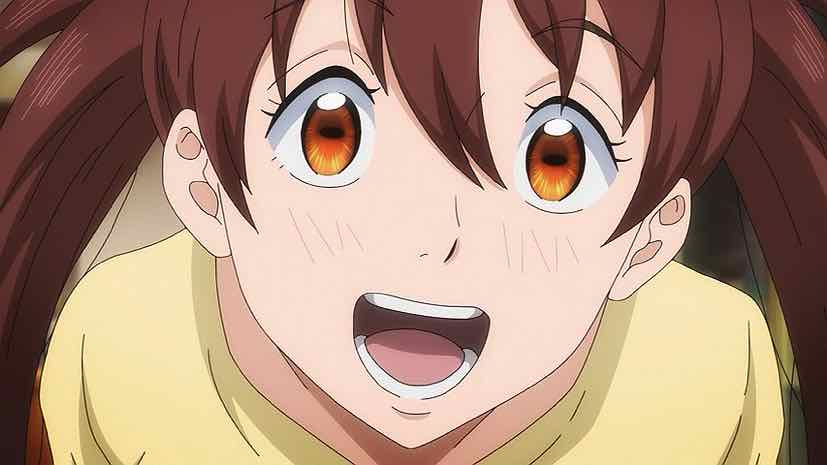
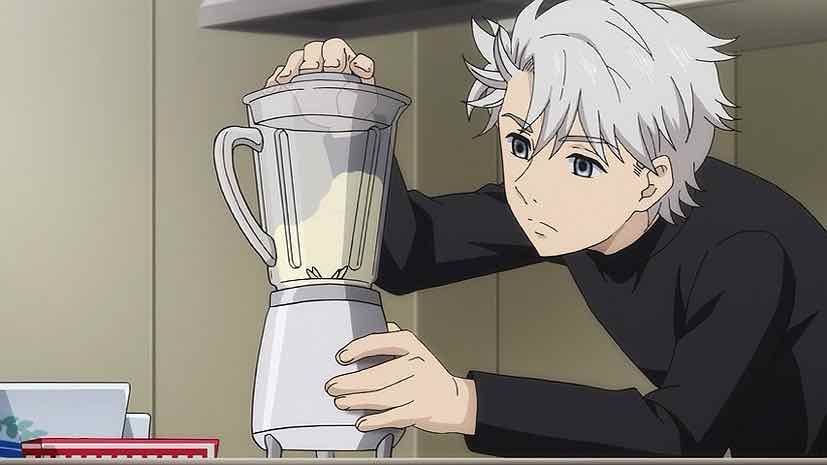
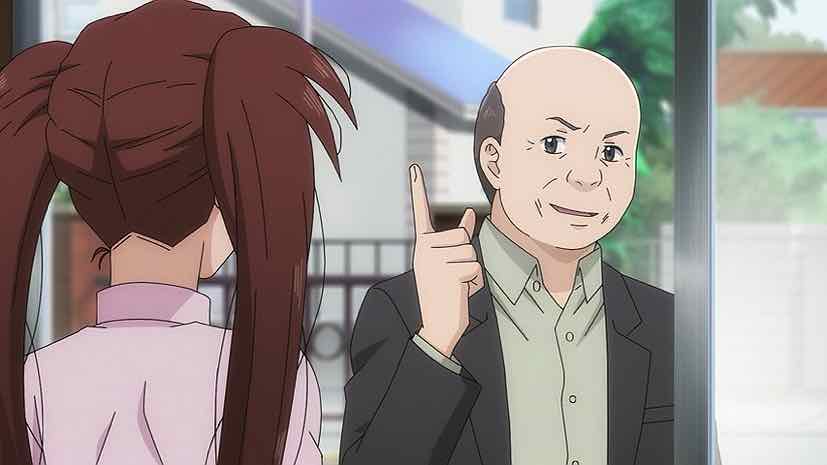
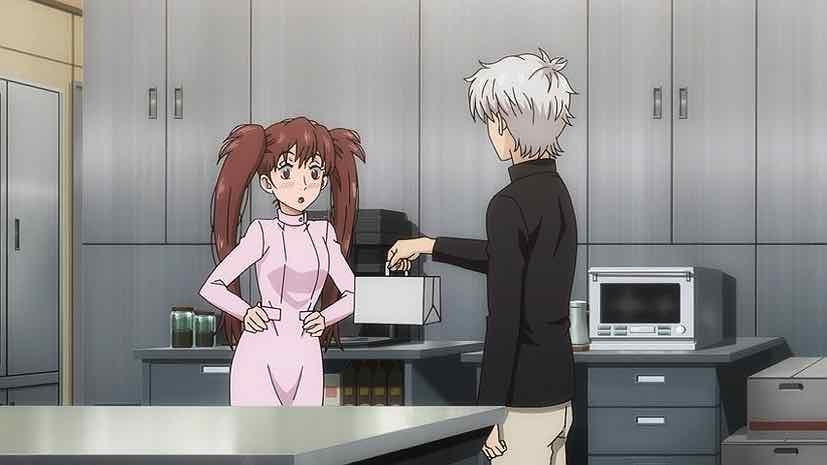


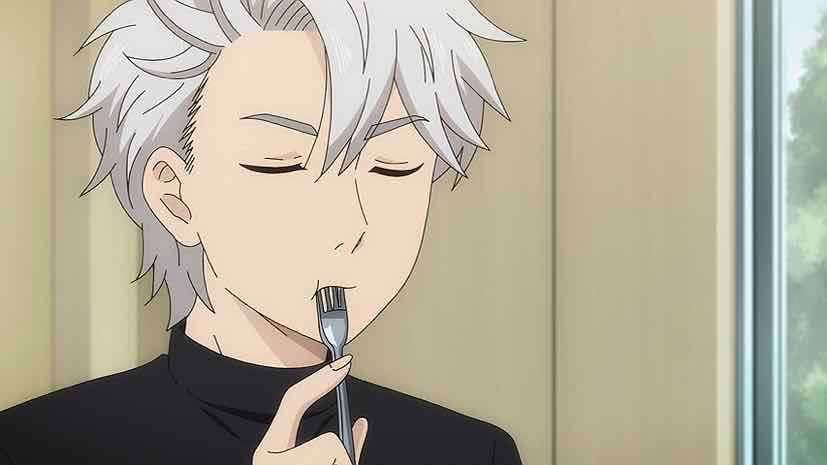


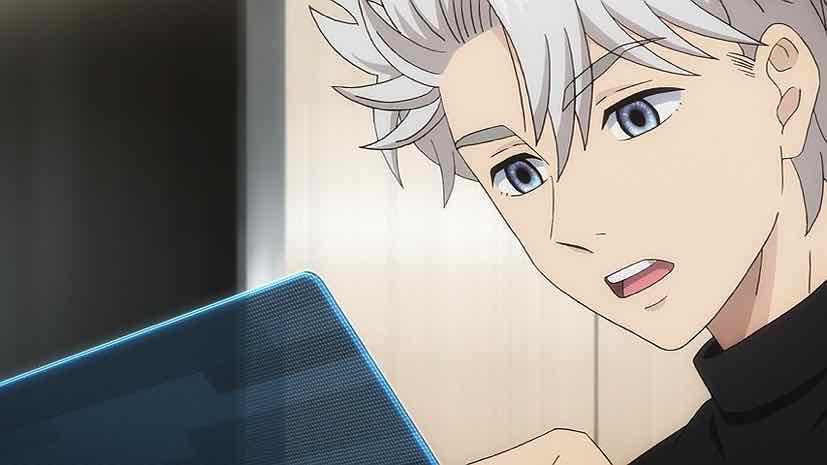
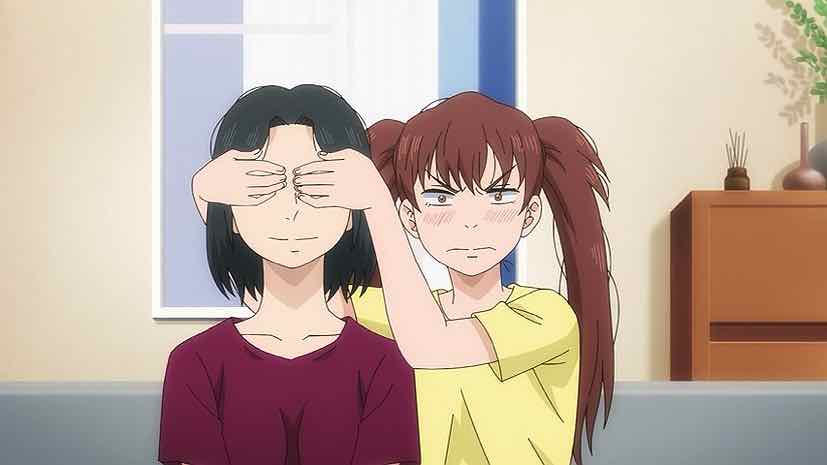
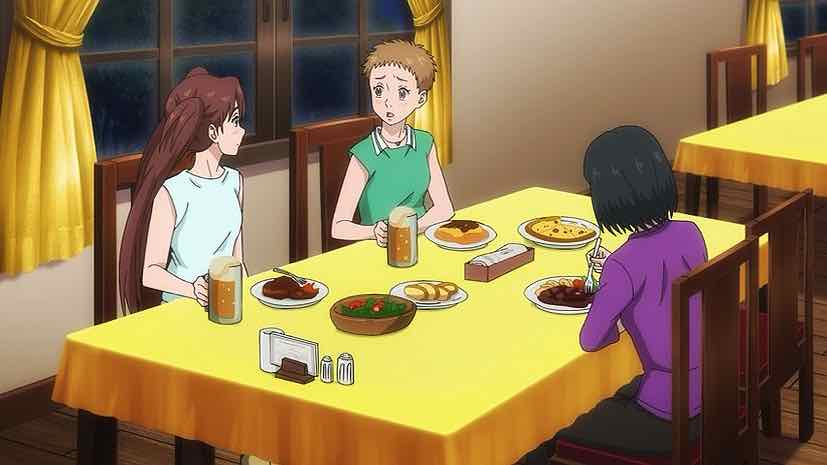
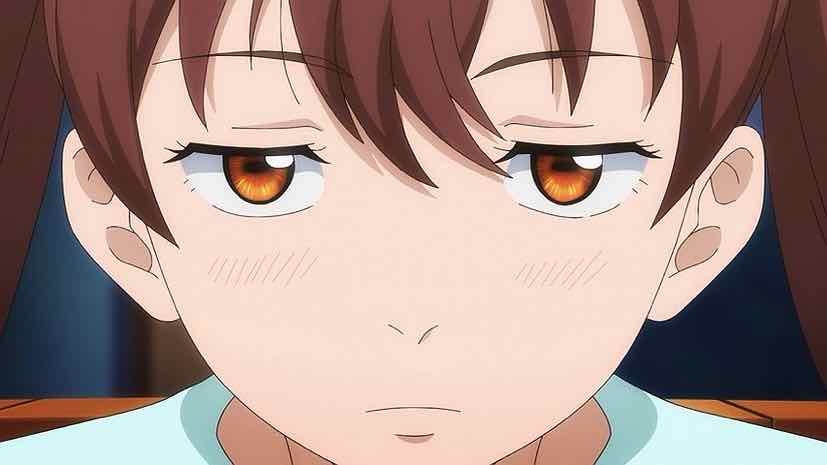


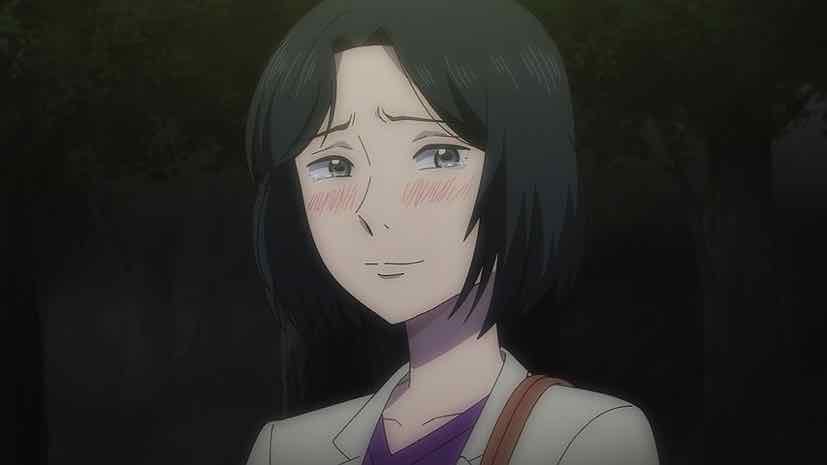
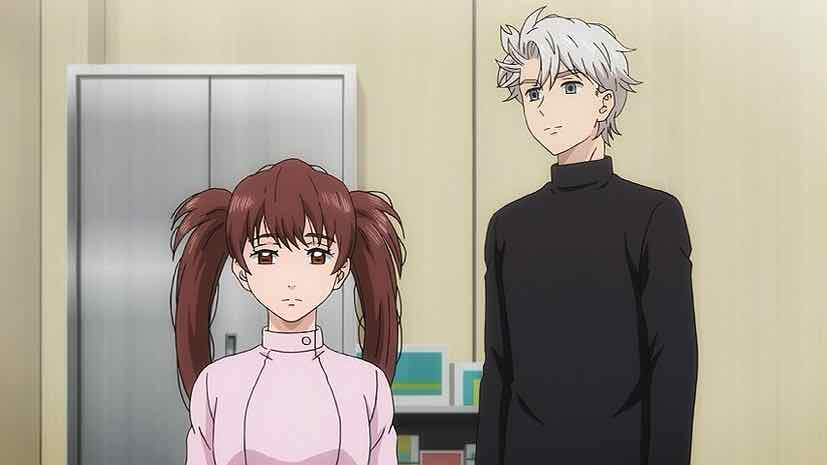

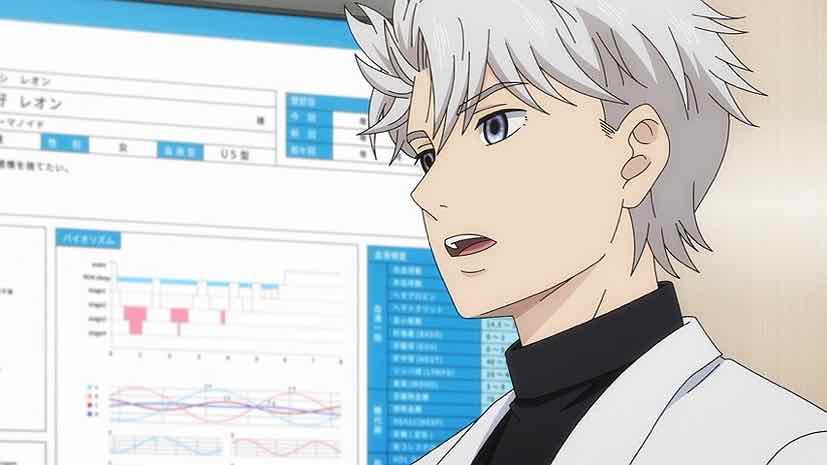
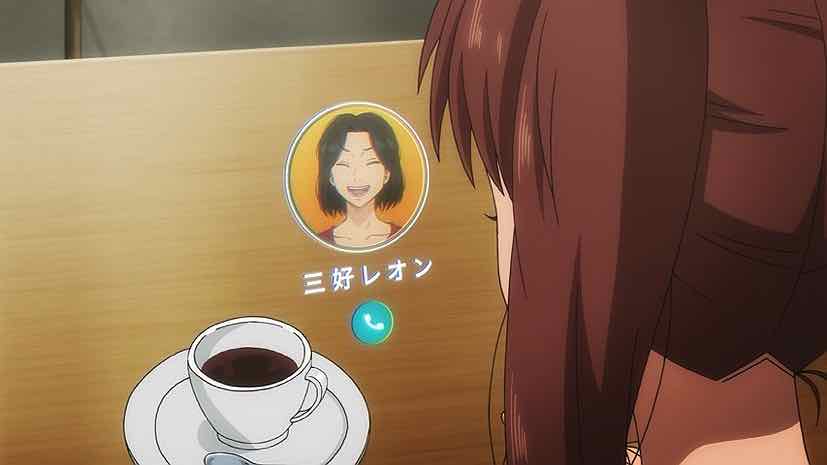



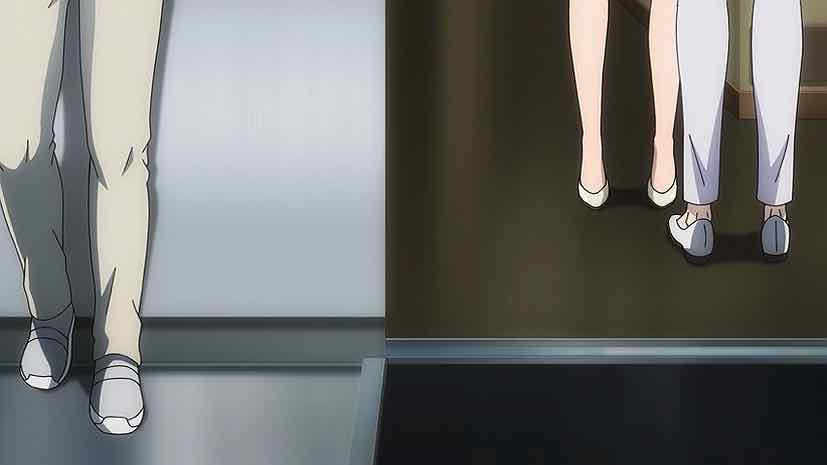
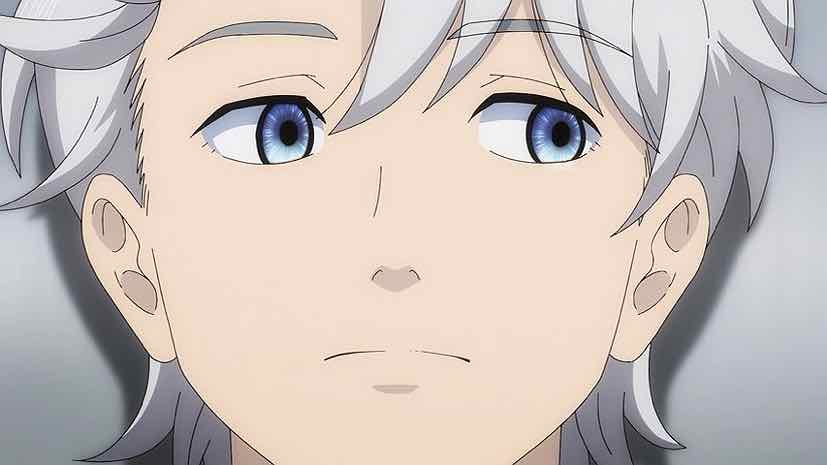
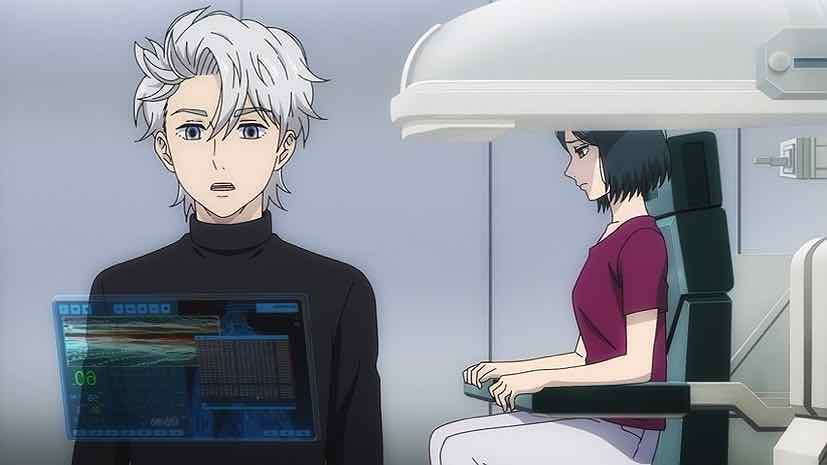
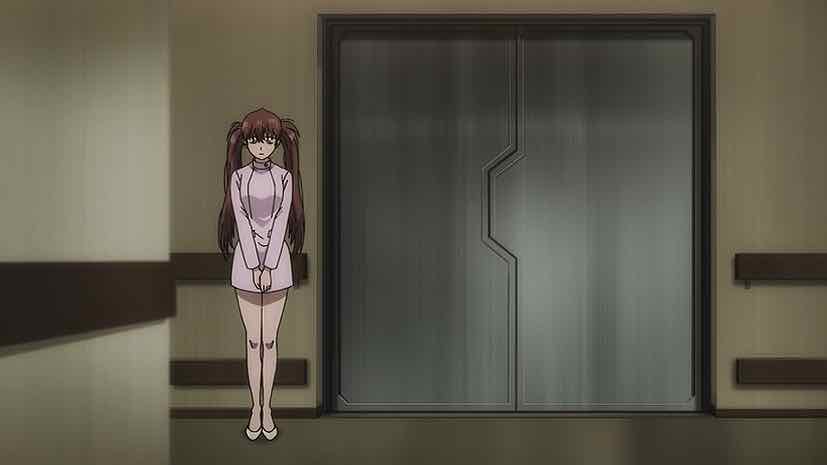
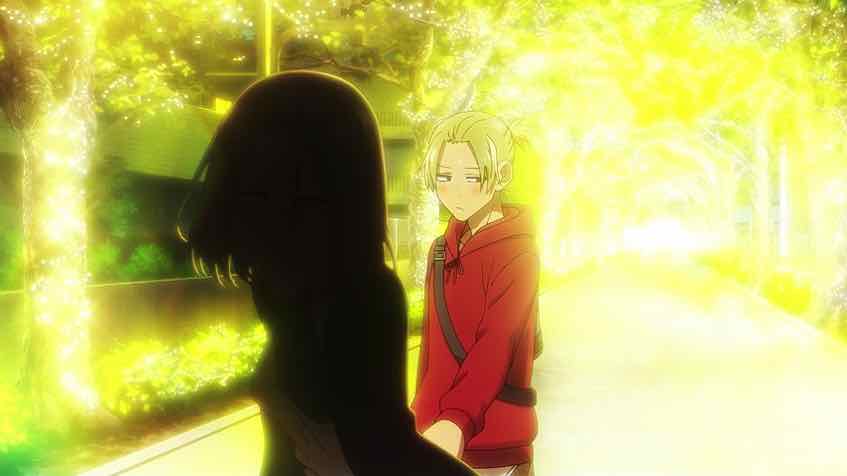
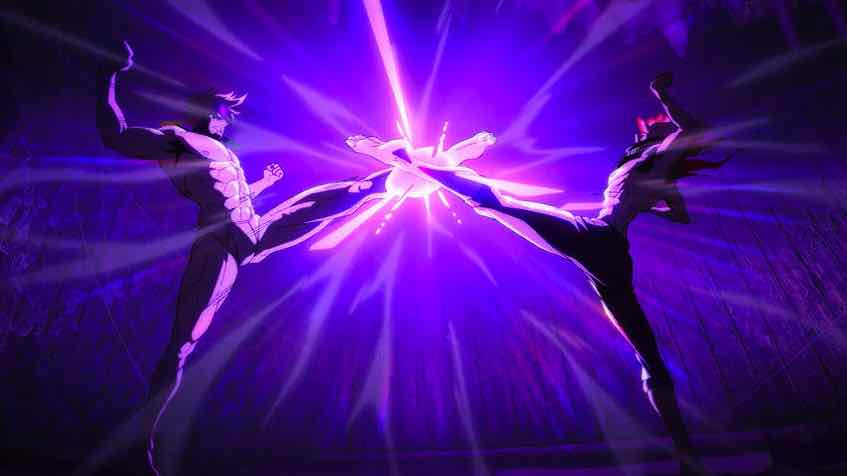
Ronbb
September 2, 2023 at 2:04 pmI initially thought that the series would bring us on a journey of Sudo finding the backup, but it turns out to be much more mature and thought-provoking than I imagined. I am liking it. The questions that it asks are relevant to our lives, too.
DP
September 2, 2023 at 6:28 pmI’m going to go against the flow here. To me, this show exemplifies the expression of, “Its reach exceeds its grasp.” I get that they want to explore a bunch of issues and moral quandaries, but the result is that every episode winds up being pretty superficial and trivial. I’m glad you like it and feel as though you’re getting something out of it, but I think the reason that people are “sleeping on” this show is that it’s pretty cruddy.
Guardian Enzo
September 2, 2023 at 6:33 pmI categorically respect your right to be wrong!
Collectr
September 3, 2023 at 9:10 amThe rules that go into the ethical dilemmas seem arbitrary. Sudo can rewrite Reon’s “program” to eliminate the emotion of love, but he cannot rewrite it to provide other kinds of relief – like specifically removing her love for Risa, or more drastically, her attraction to women instead of men. Yet in a previous episode, we saw a humanoid’s memories completely overwritten.
That quibble aside, AI no Idenshi is posing profound questions through simple, almost mundane, stories. Who are we, if our memories/desires/attitudes can be rewritten at will? To me, the program is quite hopeful in its approach to the future and AI, far more than the current state of the technology gives us any right to feel. There’s a dystopian counterstory lying fallow in the show’s premises. I don’t think it will go there, however.
Guardian Enzo
September 3, 2023 at 10:09 amThat actually makes sense to me. Sudo has the ability to paint with a broad brush, but not to be as specific as what you’re describing.